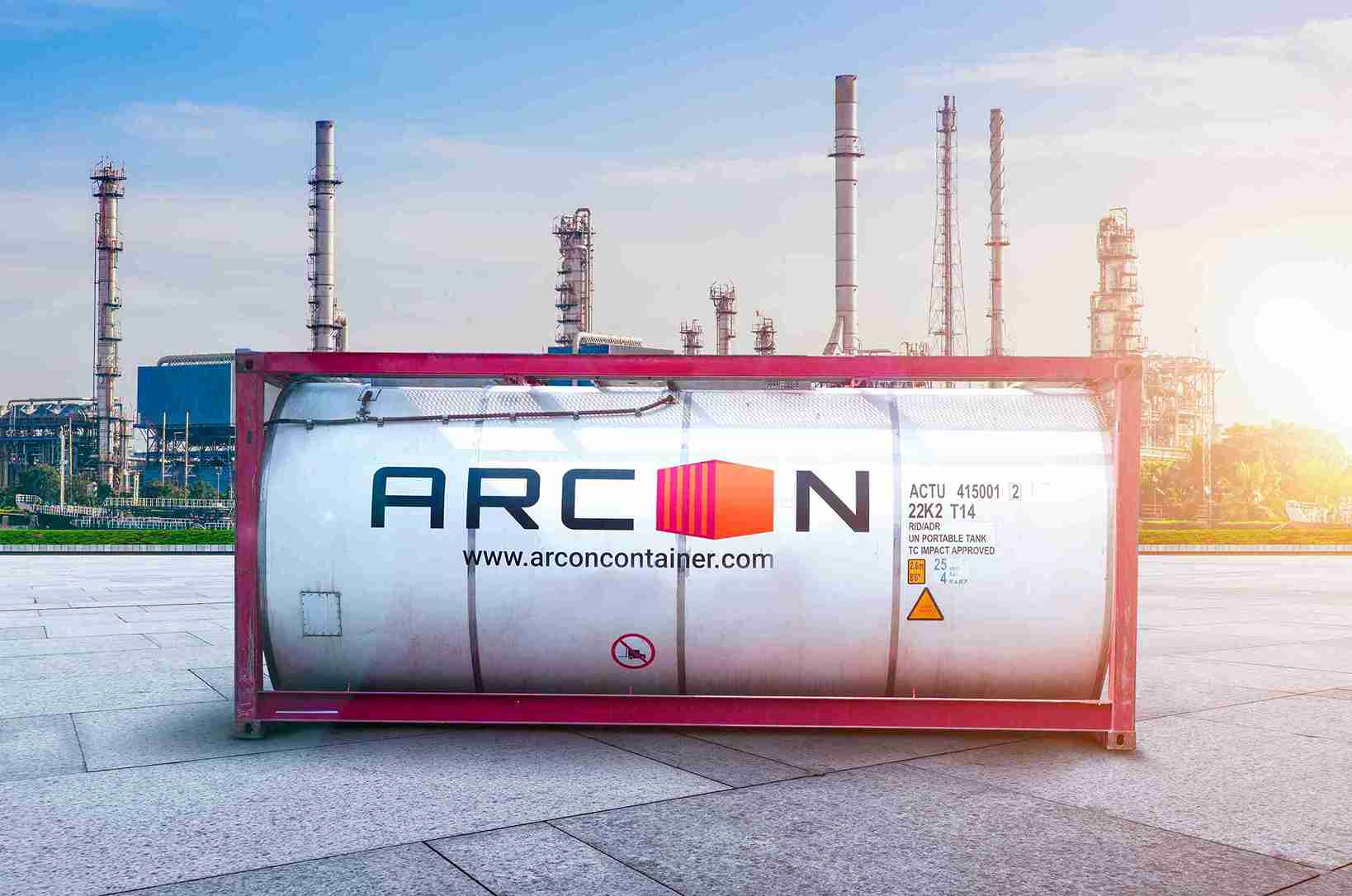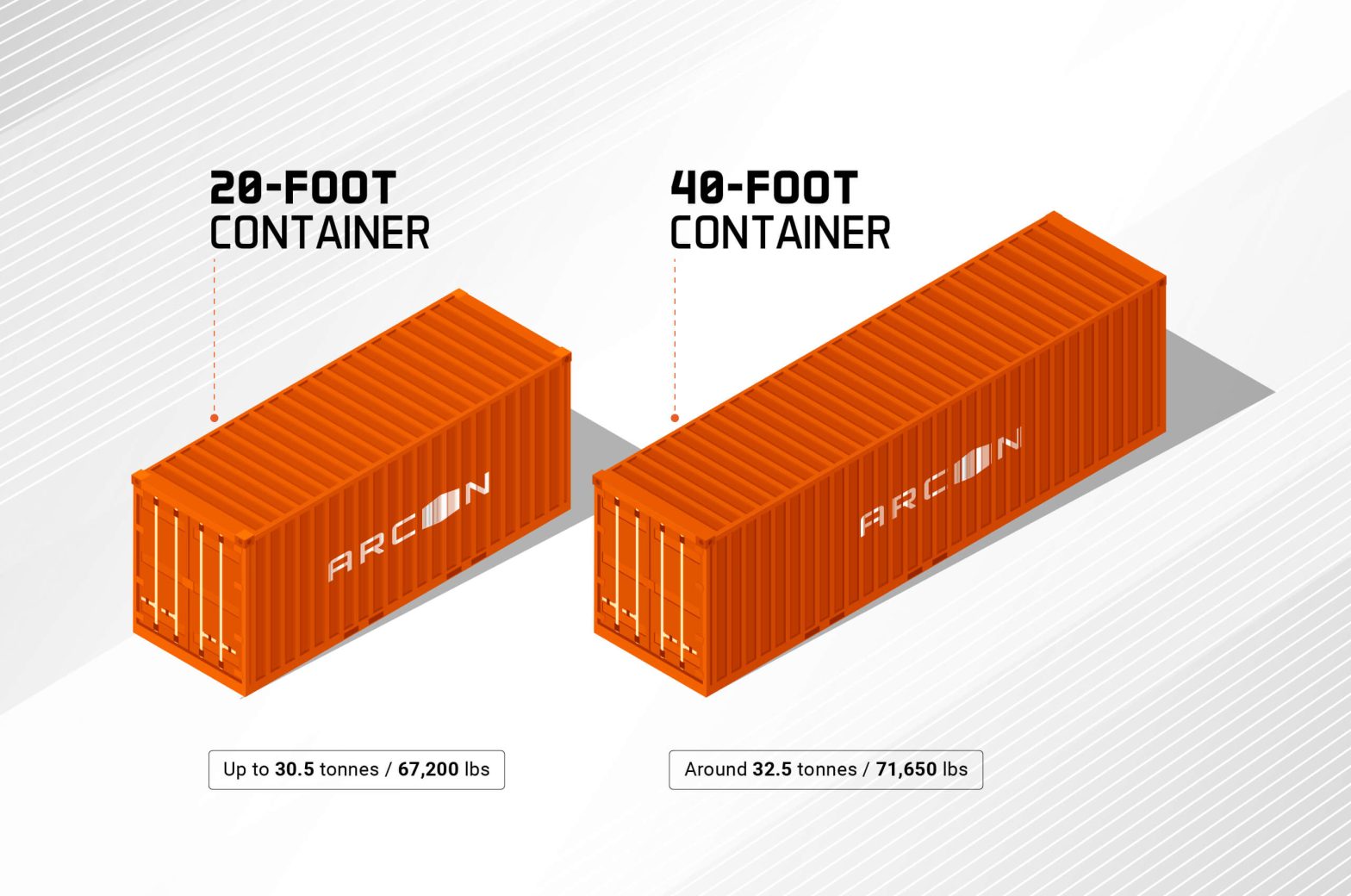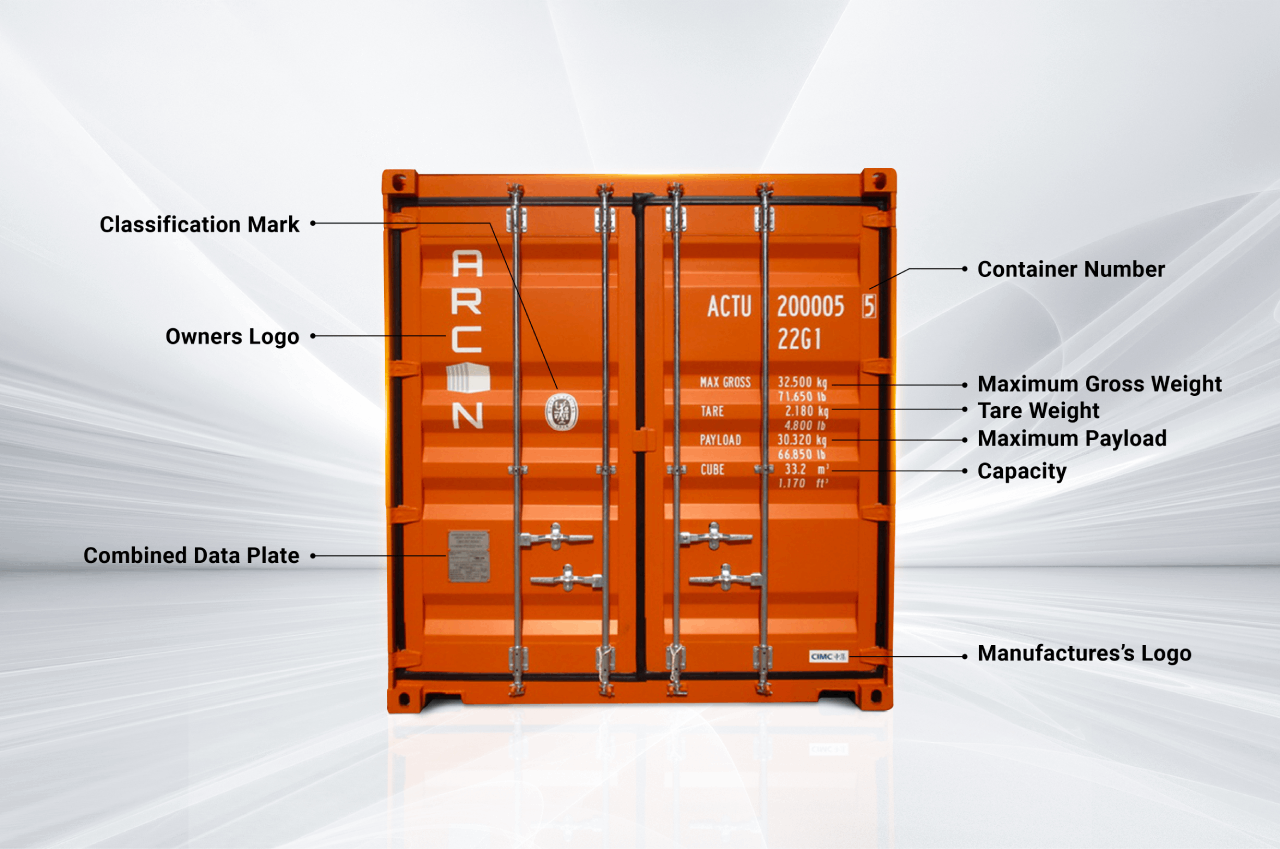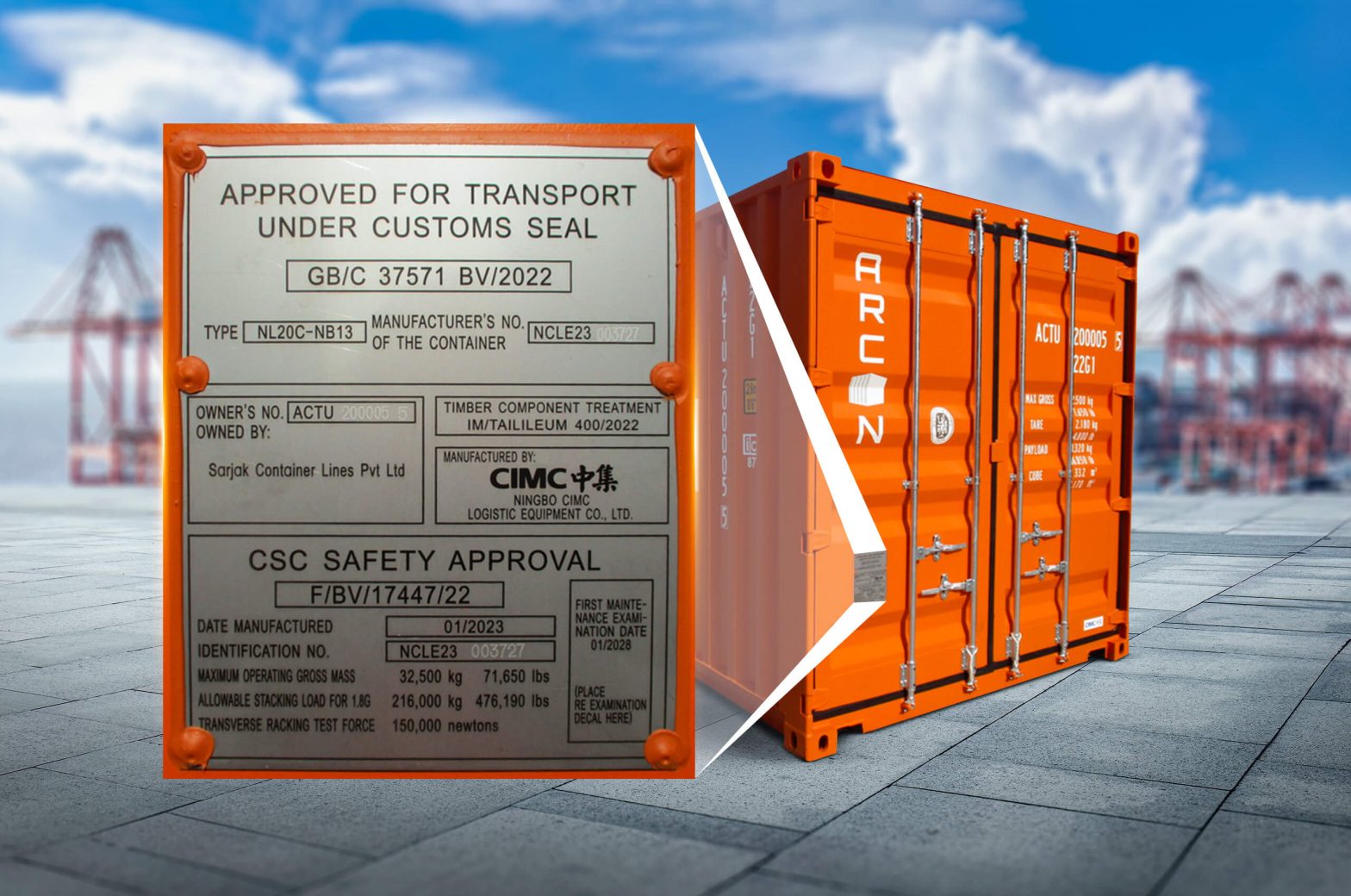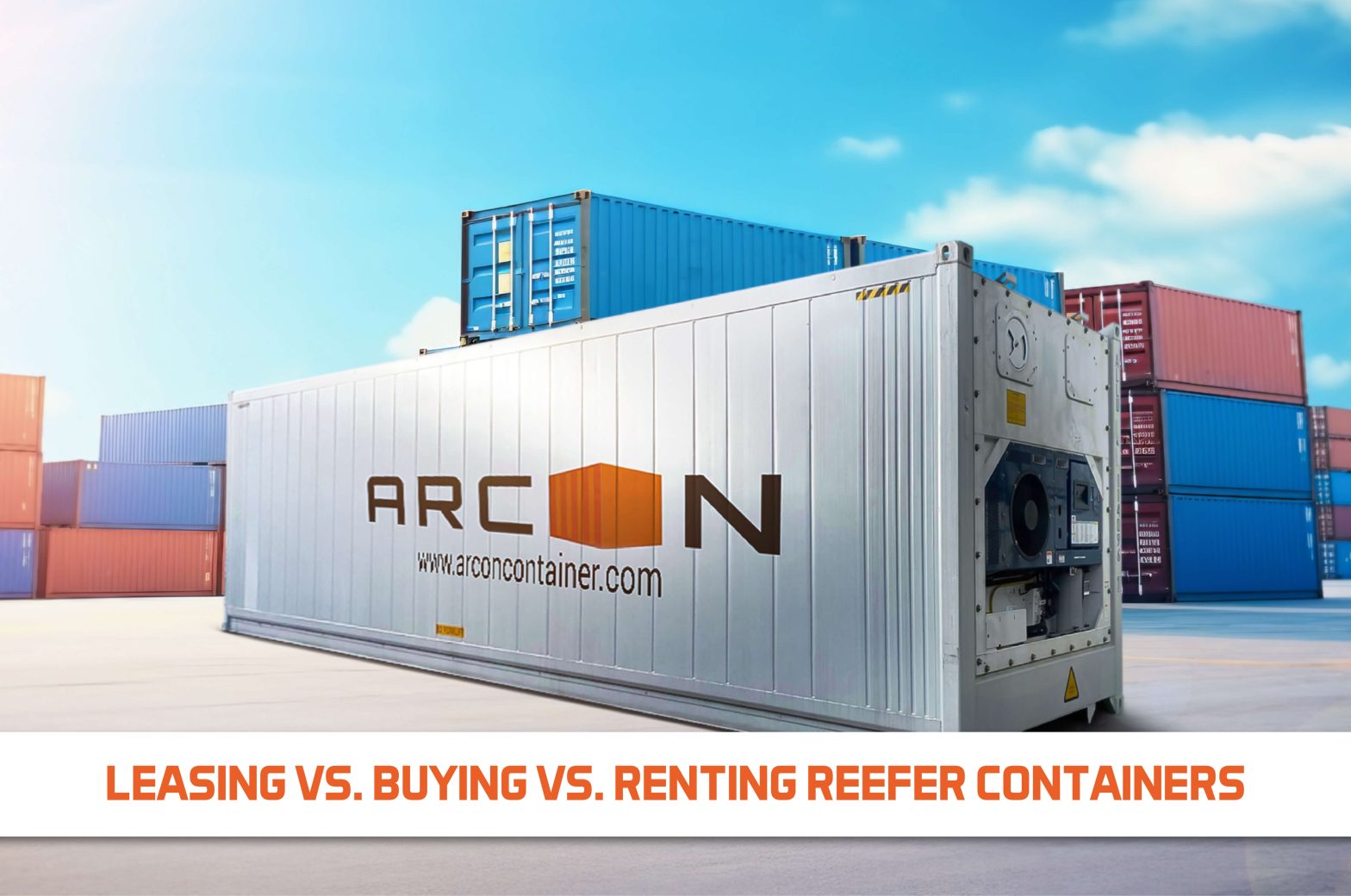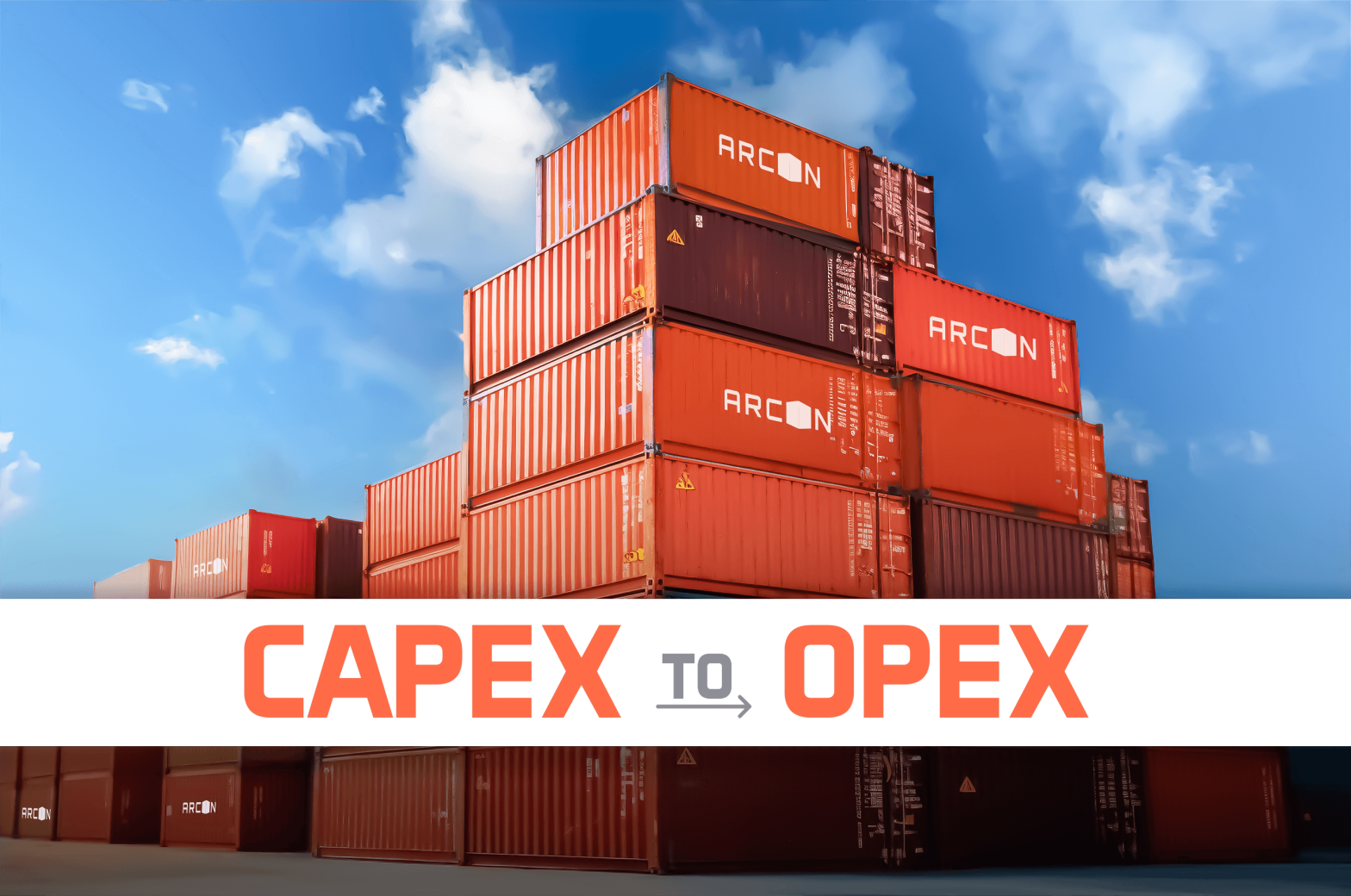Transporting liquids, gases, and chemicals safely and efficiently is critical for many industries. ISO tank containers are a popular choice for transporting these materials because they offer a standardised and secure method of transportation. However, not all tank containers are created equal. The ISO certification of a tank container is a mark of quality, safety, and reliability. In this blog, we will explore what ISO tank containers are, what ISO certification means, and why it’s important for these containers.
What are ISO Tank Containers?
ISO tank containers are specialised containers designed to transport liquids, gases, and powders in bulk. The term “ISO” stands for the International Organization for Standardization, which sets international standards for various products, including tank containers. These containers are built according to strict international shipping standards to ensure they are safe and efficient for transporting a wide range of materials. Made of stainless steel and surrounded by protective layers, ISO tank containers are designed to withstand extreme conditions, ensuring the safe transport of hazardous and non-hazardous substances.
Understanding ISO Certification in Tank Containers
ISO certification for tank containers is a testament to their compliance with international safety, quality, and performance standards. This certification ensures that the containers meet specific criteria set by the International Organization for Standardization, focusing on aspects such as durability, safety, and environmental protection.
When a tank container is ISO certified, it means that it has passed rigorous testing and meets global standards for transportation. These standards cover everything from the materials used in construction to the design and performance of the container. For example, an ISO-certified tank container must be able to withstand specific pressures and temperatures to ensure it can safely transport various types of cargo without risk of leakage or contamination.
Benefits of ISO Certification for Tank Containers

Here are some key benefits of ISO-certified tank containers:
1. Enhanced Safety: Safety is a top priority when transporting hazardous materials. ISO-certified tank containers are designed and tested to meet high safety standards, reducing the risk of accidents and leaks during transit. This certification ensures that the containers can withstand harsh conditions, including extreme temperatures and pressures, thereby protecting both the cargo and the environment.
2. Global Acceptance: Because ISO certifications are recognized worldwide, ISO tank containers can be used for international shipping without the need for additional inspections or approvals. This global acceptance facilitates smooth cross-border transport and reduces logistical complications, making ISO-certified containers a versatile option for businesses operating in multiple countries.
3. Reliability and Durability: ISO-certified tank containers are built to be durable and reliable. The certification process ensures that the containers are constructed from high-quality materials and can endure the rigours of transportation over long distances. This durability not only protects the cargo but also extends the lifespan of the container, offering better value for money.
4. Environmental Compliance: The standards for ISO certification include measures for environmental protection, ensuring that the containers minimise the risk of leaks and spills. This compliance is particularly important for companies looking to adhere to environmental regulations and maintain a sustainable operation.
ISO Certification Process for Tank Containers
The process of obtaining ISO certification for tank containers is thorough and involves several steps to ensure compliance with international standards:
1. Initial Design and Construction Review: The certification process begins with a detailed review of the tank container’s design and construction. This step ensures that the container meets all the required specifications, including material quality, dimensions, and safety features.
2. Testing and Inspection: Once the design is approved, the container undergoes rigorous testing and inspection. These tests may include pressure tests, leak tests, and stress tests to ensure the container can withstand various conditions. The goal is to verify that the container performs reliably under the pressures and temperatures it will encounter during transportation.
3. Documentation and Compliance Checks: Documentation is a critical part of the certification process. Manufacturers must provide detailed records of the materials used, the construction process, and the tests conducted. These documents are reviewed to ensure that all procedures comply with ISO standards.
4. Certification Issuance and Maintenance: After successful testing and documentation review, the ISO certification is issued. However, the certification process does not end here. Regular inspections and maintenance checks are required to ensure ongoing compliance with ISO standards. This continuous oversight guarantees that the tank containers remain safe and reliable throughout their service life.
Conclusion
ISO tank container certification is more than just a mark of quality—it’s a guarantee of safety, reliability, and global compliance. By adhering to rigorous international standards, ISO-certified tank containers offer a secure and efficient solution for transporting liquids, gases, and chemicals worldwide.
At ARCON Container, we pride ourselves on being a leading producer and supplier of high-quality shipping containers, all equipped with the essential ISO certifications for secure cargo transportation. Our ISO tank containers ,including the industry-leading T14 and T50 ISO tank containers, are specifically designed to handle highly corrosive substances. Additionally, we offer flexible leasing options tailored to the diverse needs of your business, making Arcon the ideal partner for all your shipping container requirements.
Contact us at sales@arconcontainer.com today and power up your shipping with ARCON’s ISO Tank containers.


